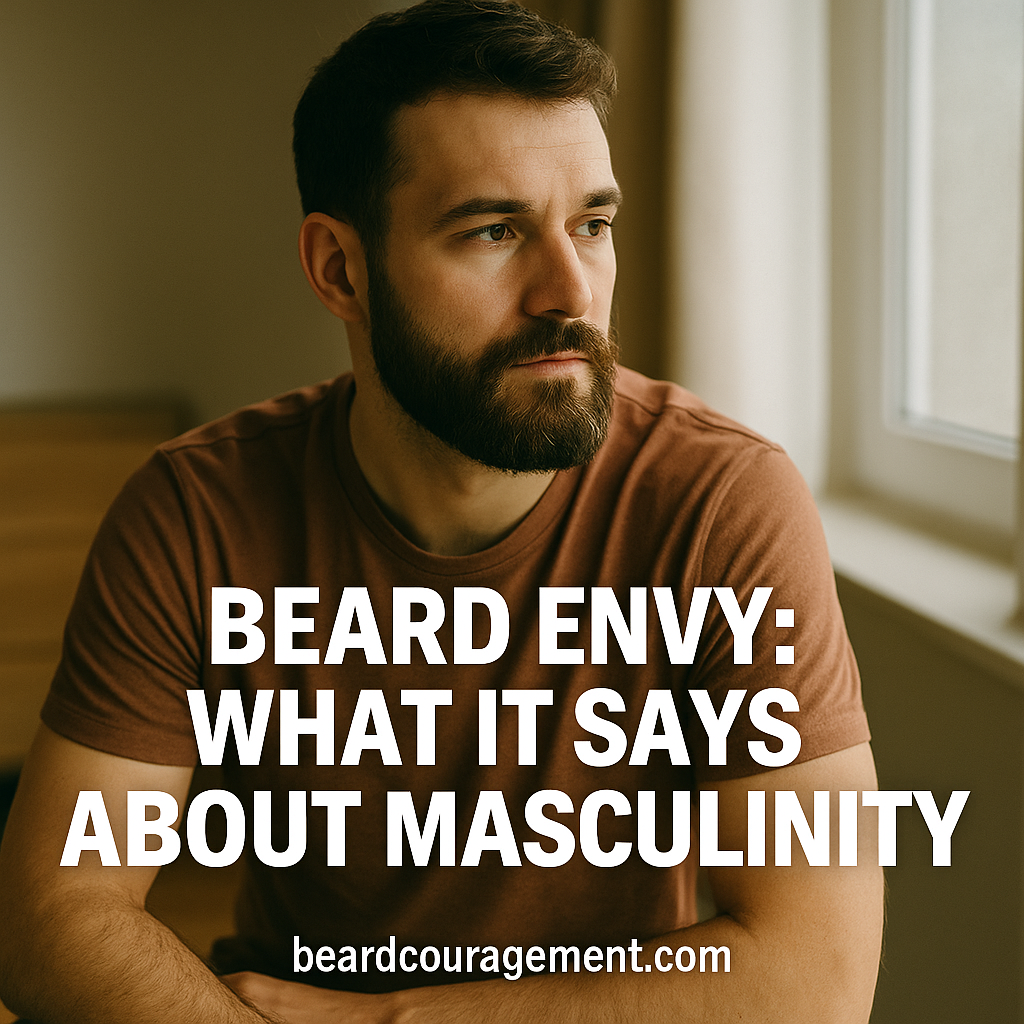
Beards have always been more than just facial hair — they’re symbols of power, maturity, and identity. In today’s culture, where image and self-expression dominate, beard envy has quietly become a reflection of deeper feelings about masculinity and self-worth.
Understanding Beard Envy
Beard envy occurs when someone compares their beard (or lack of one) to others and feels inferior. It’s common, especially with the rise of social media and the popularity of “beard culture.” Men see thick, perfectly groomed beards and feel pressure to measure up. What starts as admiration can sometimes turn into frustration or self-doubt.
At its core, beard envy isn’t really about facial hair — it’s about what the beard represents. A full, healthy beard often symbolizes strength, maturity, and confidence — traits many men are conditioned to value from a young age.
The Psychological Side of Beards
Psychologically, beards can serve as a form of armor. They make some men feel more powerful or respected, while others may feel left out or inadequate if they can’t grow one. In studies on male self-image, facial hair is frequently tied to perceived masculinity and social dominance.
However, the truth is that masculinity isn’t defined by appearance — it’s about how a man carries himself, treats others, and develops inner confidence. A beard can complement those qualities, but it doesn’t create them.
The Role of Media and Modern Masculinity
The grooming industry and social media have played major roles in shaping the “ideal” beard. From influencers with sculpted jawlines to advertisements promising faster growth, it’s easy to internalize the message that beards equal manliness.
But masculinity is evolving. Modern men are redefining what it means to be strong — focusing more on emotional intelligence, authenticity, and individuality than external appearances. A man with a patchy beard or no beard at all can still exude confidence and leadership simply through presence and self-assurance.
Overcoming Beard Envy
- Focus on self-expression: Your beard (or lack of one) is part of your identity, not a competition.
- Shift perspective: Admire others without comparing — style, genetics, and growth patterns are unique.
- Build inner confidence: Real masculinity stems from integrity, empathy, and confidence, not beard thickness.
- Care for what you have: Whether full or sparse, grooming what you have shows pride and self-respect.
Final Thoughts
Beard envy reveals how deeply appearance can affect self-image, especially when tied to traditional ideas of masculinity. But in the end, true confidence isn’t grown — it’s built from within. A beard may frame your face, but your character defines who you are.
